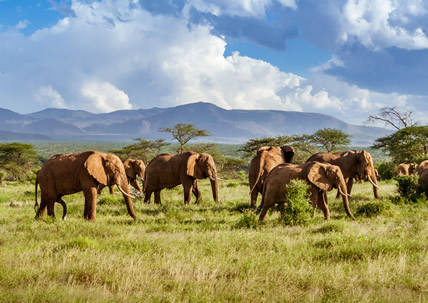Government has offered a lifeline to the South African tourism sector in the face of the crippling coronavirus crisis.
 South Africa’s tourism sector has been grounded by the coronavirus, which has resulted in trips being cancelled or postponed.
South Africa’s tourism sector has been grounded by the coronavirus, which has resulted in trips being cancelled or postponed.
All tourism attractions, places that offer holiday accommodation and restaurants have closed as part of the nationwide 21-day lockdown, which exempts only essential services businesses.
The measures taken to contain the spread of the virus are enforceable, says Minister of Tourism Mmamoloko Kubayi-Ngubane.
The national lockdown has seen the closure of the country’s borders and the revoking of visas for tourists. Only hotels, lodges and guesthouses that have international guests who were checked in before the lockdown may remain open and must ensure their guests stay where they are.
For the duration of the lockdown, South African National Parks (SANParks) has closed all of its tourist sites to visitors, confirms SANParks CEO Fundisile Mketeni.
He says guests from high-risk countries who had arrived in the country before 9 March and were checked into a SANParks facility have been instructed to stay put.
Tourists who have had to change dates of bookings will not be penalised or charged extra fees, according to Mketeni.
Kubayi-Ngubane says her department has made a R200 million fund available to assist small, micro and medium enterprises. The fund will assist tourism businesses that make less than R2.5 million a year. Tourism businesses that are based in rural areas and townships and are run by women or young people and people with disabilities will get preference, according to Kubayi-Ngubane.
Other requirements for businesses to qualify for assistance:
- They must be formally registered with the Companies and Intellectual Property Commission.
- They must prove that the relief is required as a result of the impact of the coronavirus.
- The employment of a minimum number of employees for a period of three months must be guaranteed.
- Proof of compliance with the minimum wage must be provided.
- They should be an existing tourism-specific establishment.
- Applicants must submit financial statements of the business over a one-year period.
- They must indicate the intended use of the resources received from the fund.
In addition to these measures, a Tourism Services Call Centre, which gives information on relief measures, postponements of events and will act as a helpline for tourists, has been established.
For more information, visit: www.tourism.gov.za or call the Tourism Services Call Centre at 0860 868 747. Alternatively email callcentre@tourism.gov.za



 Facebook
Facebook Twitter
Twitter WhatsApp
WhatsApp